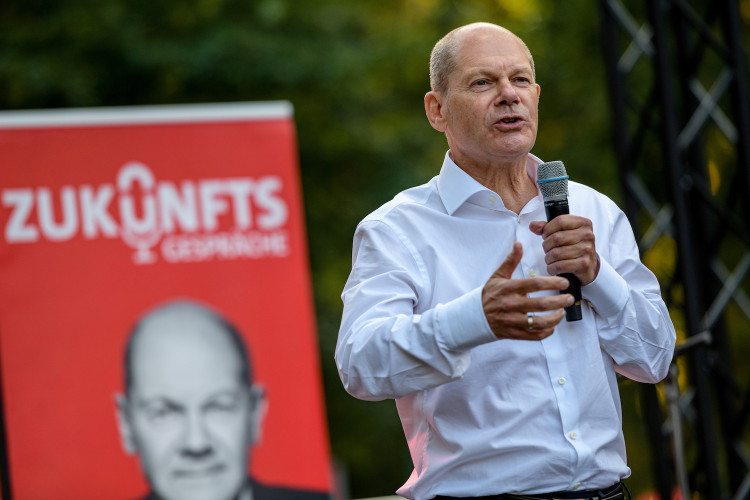Germany's economy, the largest in Europe, experienced a contraction of 0.3% in 2023, indicating a slow and challenging period for the nation amidst multiple crises. This economic downturn, detailed in a report by the Federal Statistical Office of Germany and echoed in various analyses, reflects the impact of high inflation, rising interest rates, and weakened demand both domestically and internationally.
Ruth Brand, the president of the federal statistics office, stated, "The overall economic development in Germany stalled in 2023 in the still crisis-ridden environment." This statement underscores the multifaceted challenges faced by the German economy, which includes not just inflation but also unfavorable financing conditions and a reduction in demand.
The contraction in the German economy was further compounded by a significant decline in the manufacturing sector, excluding construction, which fell sharply by 2%. This downturn was primarily attributed to a decrease in production in the energy supply sector. Additionally, weakened domestic demand over the past year and subdued global economic dynamics adversely affected foreign trade. Imports saw a more pronounced decline than exports, contributing to a positive trade balance but highlighting underlying economic weaknesses.
Household consumption and government spending also experienced contractions, further dampening the economic scenario. Household consumption decreased by 0.8%, and government spending shrank by 1.7%, marking a significant shift from the state-financed Covid-19 measures such as vaccinations and compensation paid to hospitals.
The fourth quarter of 2023 mirrored the annual trend with a drop of 0.3% compared to the third quarter. This period of stagnation implies that Germany narrowly avoided a technical recession, typically defined by two successive quarters of GDP decline.
Looking ahead, early indicators suggest that a rapid recovery for the German economy is not imminent. Capital Economics forecasts no growth for Germany in 2024, with Chief Europe Economist Andrew Kenningham commenting, "The recessionary conditions which have been dragging on since the end of 2022 look set to continue this year." He further elaborated that the expected relief from falling inflation might be offset by contractions in residential and business investment, a downturn in construction, and government fiscal tightening.
Despite these challenges, one positive aspect of the German economic landscape in 2023 was employment, which grew by a record 0.7% or 333,000 people, reaching a total workforce of 45.9 million. This growth was driven by foreign workers and more of the domestic population joining the labor force, somewhat mitigating the effects of Germany's aging population.
In summary, Germany's economic performance in 2023 reflects the complex interplay of global and domestic factors, with high inflation, rising interest rates, and reduced demand taking a toll. As the nation heads into 2024, the outlook remains cautious, with expectations of continued challenges and potentially stagnant growth.






